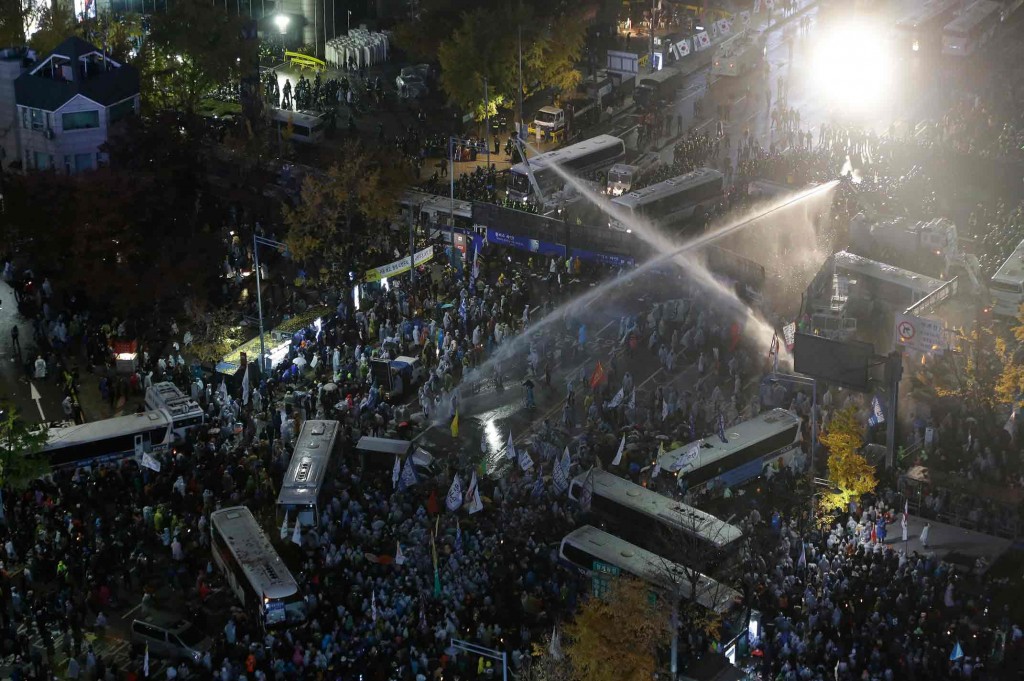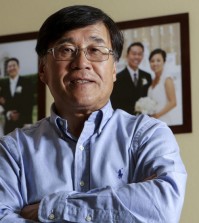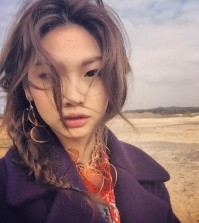- California Assembly OKs highest minimum wage in nation
- S. Korea unveils first graphic cigarette warnings
- US joins with South Korea, Japan in bid to deter North Korea
- LPGA golfer Chun In-gee finally back in action
- S. Korea won’t be top seed in final World Cup qualification round
- US men’s soccer misses 2nd straight Olympics
- US back on track in qualifying with 4-0 win over Guatemala
- High-intensity workout injuries spawn cottage industry
- CDC expands range of Zika mosquitoes into parts of Northeast
- Who knew? ‘The Walking Dead’ is helping families connect
[NPR] Civil Rights At Issue In Korea, But Not The Korea You’d Expect

South Korean riot police officers spray water cannons as police officers try to break up protesters trying to march to the Presidential House after a rally against government’s policy in Seoul, South Korea, Saturday, Nov. 14, 2015. Police fired tear gas and water cannons Saturday as they clashed with anti-government demonstrators who marched through Seoul in what was believed to be the largest protest in South Korea’s capital in more than seven years.(AP Photo/Ahn Young-joon)
[NPR] — When you hear about rights abuses on the Korean peninsula, the conversation usually focuses on North Korea. But lately, the North’s democratic neighbor, South Korea, is also drawing international concern for how its government is dealing with dissent.
In November, 60,000 people showed up in downtown Seoul for a mass protest against President Park Geun-hye, raising “a gamut of ongoing concerns about freedom of expression, freedom of association, freedom of peaceful, public protest,” says Phil Robertson, deputy Asia director of Human Rights Watch.
Demonstrators opposed the government’s push to pass union-busting labor laws, attempts to ban protests, jailing of journalists, use of a Cold War-era national security law to criminalize certain kinds of speech and a recent move to force schools to use state-written history textbooks.
A wider international audience is now paying closer attention to President Park’s government and how it is handling dissent. [READ MORE]
















